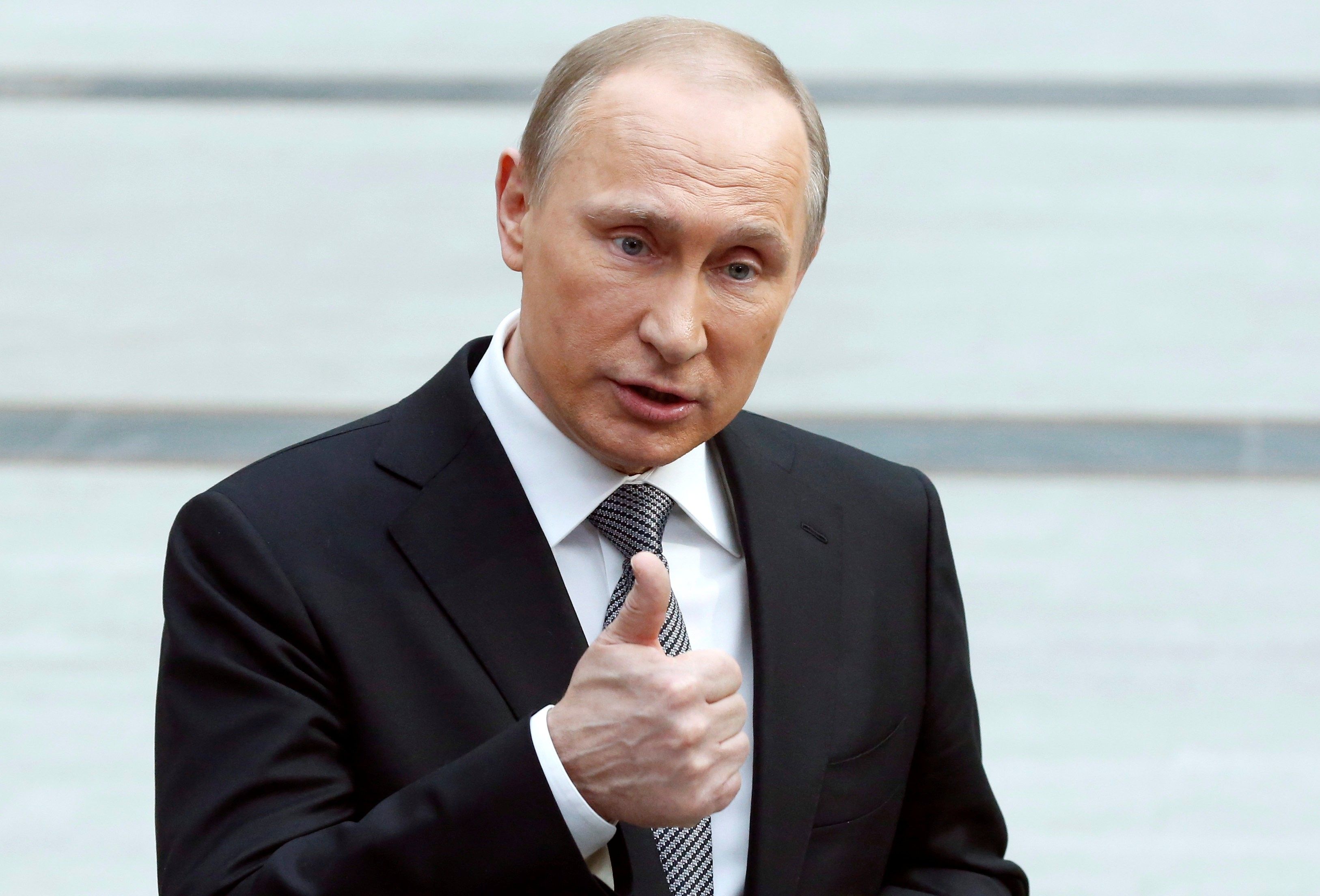
Under the Economy Ministry's projection that oil will average $40 a barrel through 2019, the books won't balance until 2020 or later, according to 23 of 28 analysts in the poll, Bloomberg writes.
Four of them expect revenue to match spending only after 2025. Authorities are seeking fiscal savings of one percentage point of gross domestic product each year to balance the budget by 2019, which a plurality of economists identified as the government's best hope for boosting growth, according to the report.
The challenge for President Vladimir Putin is to manage an era of thrift with the economy in pieces and elections looming this year and in 2018. A period of entrenched deficits that's without precedent during Putin's 16 years in power means the government would have to tread carefully to avoid busting the budget after oil's collapse.
"While large scale fiscal and monetary stimulus is usually highly effective in reviving short-term economic activity, they won't improve the long-term prospects of the Russian economy," said Sergey Narkevich, an analyst at Promsvyazbank PJSC in Moscow.
"On the contrary, with high probability their use will destabilize budget and financial systems down the road," he said.
To cover the gap, the Finance Ministry plans to transfer about 2 trillion rubles ($30 billion) in 2016 from the Reserve Fund, one of its two sovereign wealth coffers, after channeling 2.6 trillion rubles in 2015. The Reserve Fund stood at $45 billion at the end of April, while the National Wealth Fund amounts to $73.9 billion, according to Bloomberg.
Fiscal imbalances are now among the chief sources of uncertainty, with the central bank singling out the budget outlook as a risk for the economy and inflation, the report said.
"Given the presidential election in 2018, it will be difficult to go for substantial additional consolidation before this date," said Andreas Schwabe, an economist at Raiffeisen Bank International AG in Vienna.
Russia's non-oil deficit, the shortfall excluding revenue from the energy industry, was at 11% in the first half of last year, the widest in a decade. That's above a level Finance Minister Anton Siluanov has called "critical."
Oil and natural gas account for about a third of Russia's budget revenue and almost 60% of its exports.
Looser fiscal policy is among the least effective ways to jump-start growth in the medium term to more than 1.5%, according to analysts surveyed by Bloomberg. Economic reforms were ranked first, followed by improved relations with the West and the removal of sanctions.


